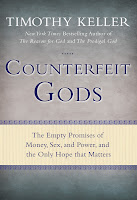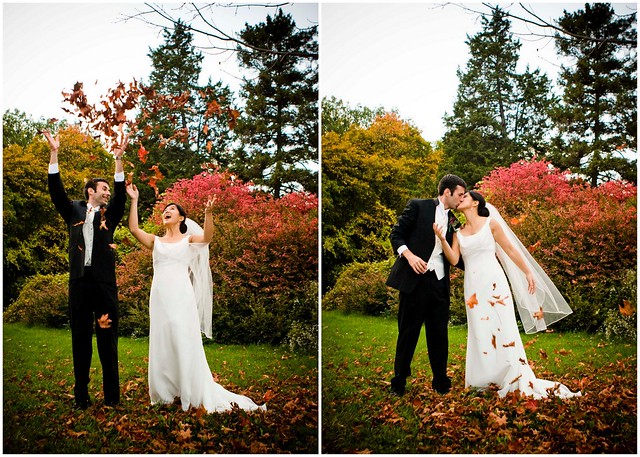
October 11th is my wedding anniversary! Marriage has been good, but not quite what I expected when I said “I do” five years ago. Here are five ways that God has been teaching me to live out His reality in my marriage…

1) Trust God with the things that are most important to me.
Luke’s first “competition” turned out to be VOICE. We made a decision early on to transfer the leadership from me to him, but that also meant me letting him do things differently than I would. That was rough. In the process, however, God taught me to make marriage my first ministry and trust Him to work through other people in other ways at VOICE.
2) We need community.
Before I had Arianna, I had a miscarriage. I chose not to talk about it, thinking that would make it easier. It didn’t. Over the course of that year, I learned that Luke and I need the body of Christ to challenge our perspective, to encourage us when we’re sad, and to point us to Christ in our struggles.
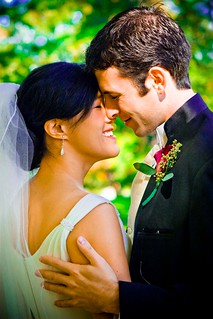
3) We can’t save each other.
You may have heard Luke and I talk about our battle against pornography. I once believed that if I was a good wife, Luke wouldn’t be tempted in this way. I was wrong. Even when I bent over backwards to bless him, it wasn’t enough. One night after a hard talk, I remember thinking, “There’s nothing I can do to save him!” And that was when God replied, “That’s right…but he has a Savior who can.” That was a pivotal moment for me—and the first time I realized how amazing it is to have a God like that.
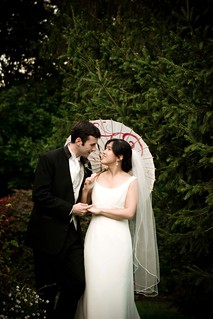
4) I can’t forgive unless I understand I’ve been forgiven.
I never thought I had a problem with anger, but over the last few years, I’ve struggled a lot with bitterness. Whenever I felt wronged, I’d find myself in a cycle of hurt, anger, and self-justification. The only way I was able to climb out of that cycle was when God opened my eyes to the price He paid to forgive me. Only when I understand my debt to Christ can I find grace to forgive others.
5) Marriage gets better with time!
Before I got married, a well-meaning friend warned me that marriage would be hard. He was right. The good news, however, is that God also designed marriage to be good. Even though courtship was fun and exciting, God has used the joys and struggles in marriage to deepen our love for each other and for Him.
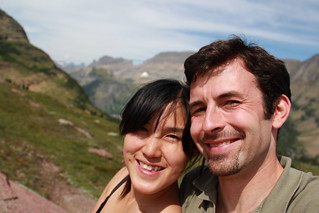 height=”213″ />And on that note, I’d like to say, “Happy anniversary, Darling. I love you more today than all of our yesterdays.”
height=”213″ />And on that note, I’d like to say, “Happy anniversary, Darling. I love you more today than all of our yesterdays.”
____________________________
Wedding photos by Katherine Fan | Glacier National Park photo by Noel Kallberg




